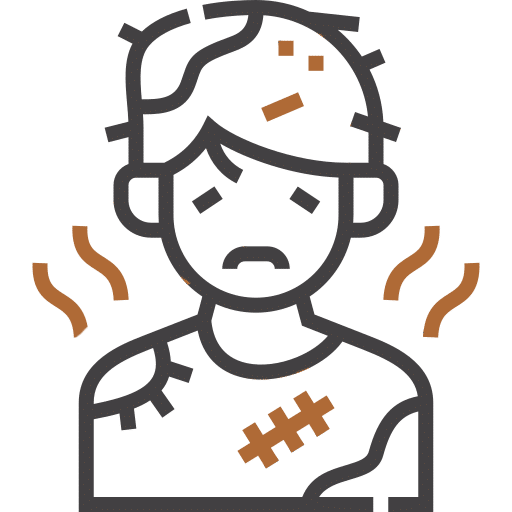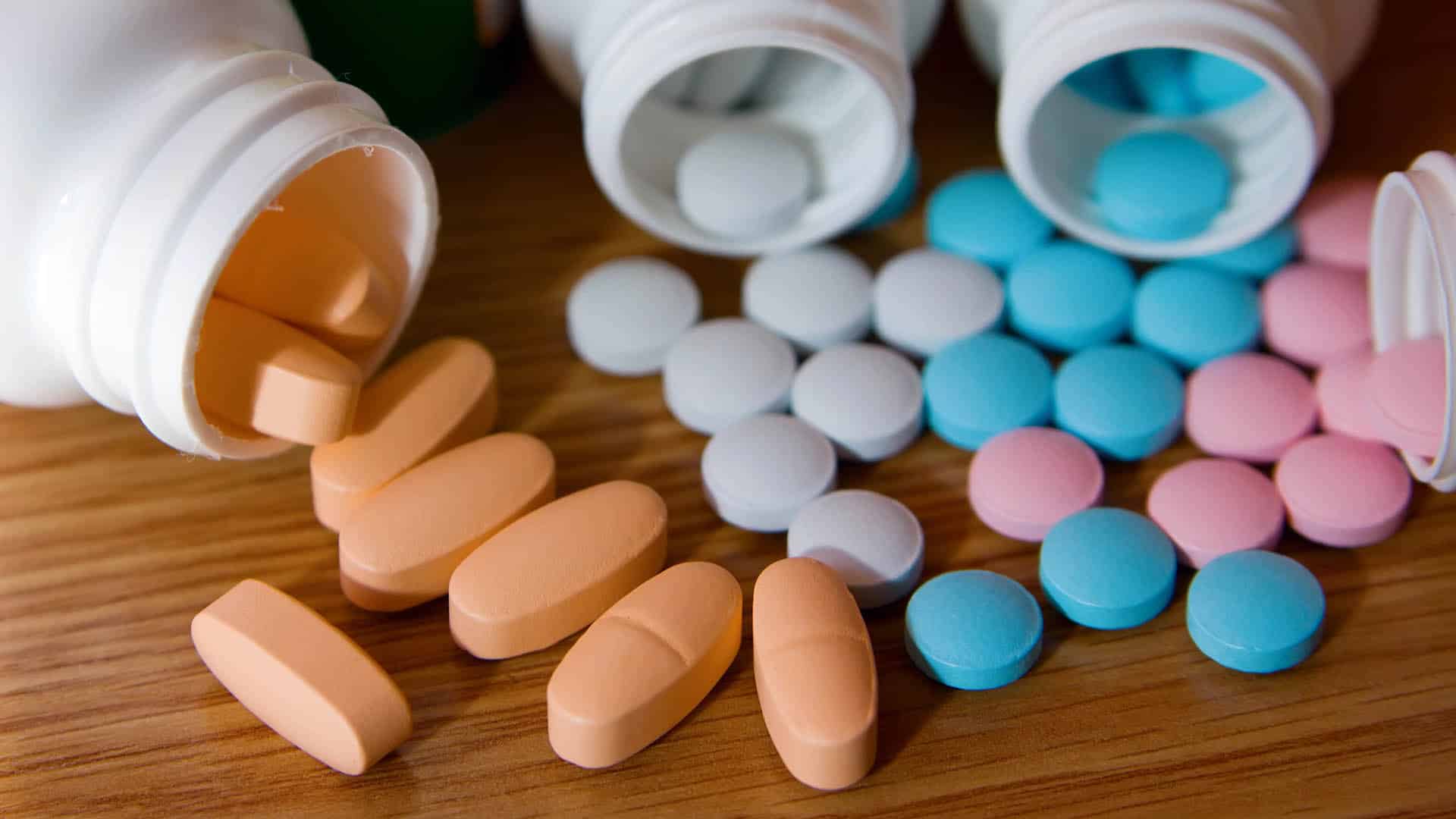Drug addiction impacts millions of people across the United States, often quietly and without notice. Spotting the signs of drug addiction early can be life-changing for someone struggling. In this article, we’ll explore common warning signs, risk factors, and practical ways you can support a loved one on their path to recovery.







